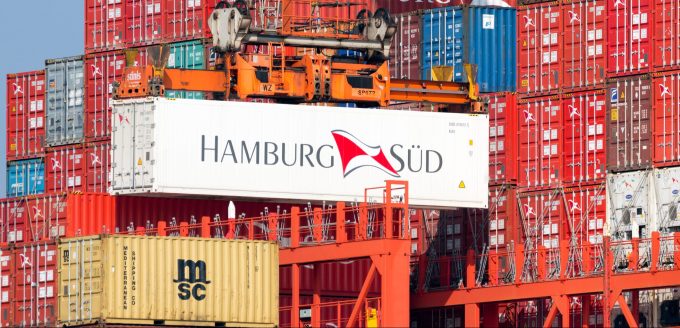India-Pakistan 'tit-for-tat' cargo ban sparks sudden supply chain shocks
India and Pakistan have banned each other’s cargo from transiting their ocean gateways, following the ...

The European Commission has cleared Maersk Line’s proposed acquisition of Hamburg Süd, subject to the German carrier terminating membership of five vessel-sharing alliances when the transaction closes.
The EC said that, having “examined the effects of the merger on competition” in the 17 tradelanes connecting Europe, it ...
Keep our news independent, by supporting The Loadstar
Red Sea crisis has driven most new capacity into extended Asia-Europe trades
Rapid transpacific capacity build-up continues – can USWC ports handle it?
Carrier price hikes hold, driving spot rates higher as space gets scarcer
Crew forced to abandon ship in latest fire on vessel carrying EVs
The Loadstar Podcast | Transport Logistic and Air Cargo Europe 2025
Carriers on the hunt for open tonnage again as transpacific rates soar

Comment on this article